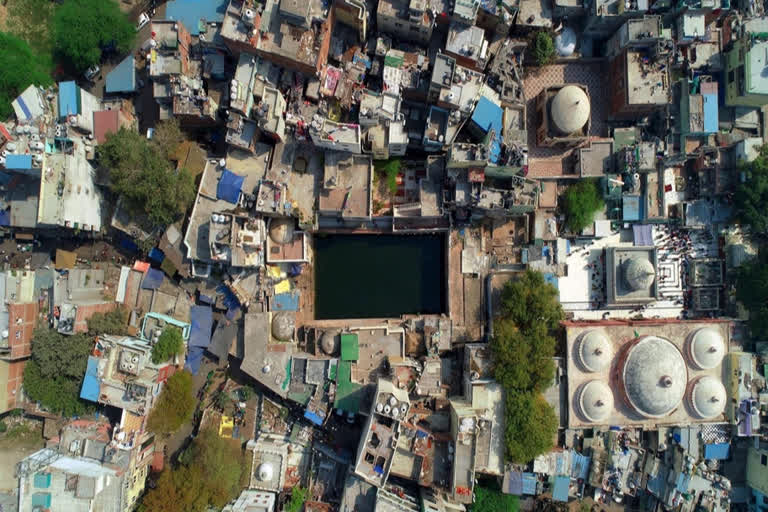New Delhi:In double joy for India, a project on holistic urban revitalisation of the historic Nizamuddin Basti community in Delhi, has brought laurels for the country in two categories in this year's UNESCO Asia-Pacific Awards for Cultural Heritage Conservation.
The project has won the prestigious Award of Excellence, and another award in the Special Recognition for Sustainable Development category, the United Nations Educational, Scientific and Cultural Organisation (UNESCO) said.
Nine projects from six countries – Bangladesh, China, India, Japan, Malaysia, and Thailand – have been honoured by a jury of heritage experts. Jurors met online in November to review a total of 39 entries from 12 countries across the Asia-Pacific, UNESCO Bangkok said in a statement issued on Wednesday.
Jingdezhen Pengjia Alley Compound in Jiangxi, China and Kesennuma Historic Citiscape in Miyagi, Japan, have won Award of Distinction; while Award of Merit went to Doleshwar Hanafia Jame Mosque in Dhaka, Bangladesh; Thai Pak Koong (Ng Suk) Temple in Penang, Malaysia; and Baan Khun Phithak Raya in Pattani, Thailand.
"The jury applauded the Nizamuddin Basti project for its outstanding achievement in placing heritage at the heart of the sustainable development agenda and noted that through an innovative People-Public-Private Partnership model, the project overcame major socio-economic challenges and improved health, education and well-being, particularly for women and youth," the statement said.
The project in south Delhi began in 2007 and a multiple initiatives have been taken under it which have improved the quality of life, livelihood of the people in the centuries-old neighbourhood, said a senior official of Aga Khan Trust for Culture, which executed it in partnership with local civic body, Archaeological Survey of India and a few other agencies.
Also Read:Srinagar named 'Creative City'; residents find it 'matter of pride'
The UNESCO awards jury further commented, “It is notable that the development initiatives preceded the conservation efforts, which encompassed the meticulous restoration of over 20 historic monuments clustered around the 14th-century mausoleum of the revered Sufi saint, Hazrat Nizamuddin Auliya".
